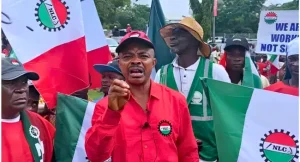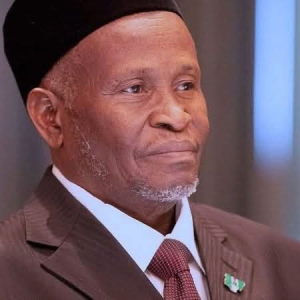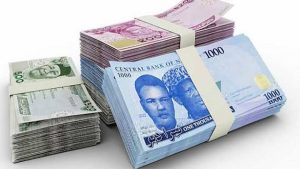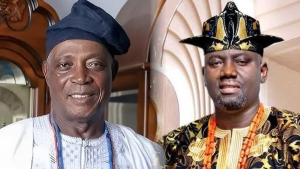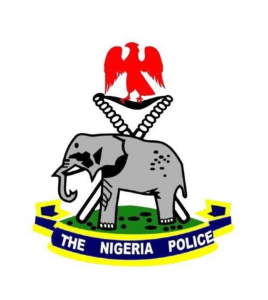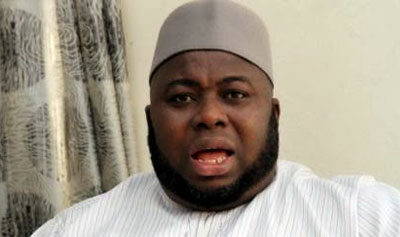
Mujahid Asari-Dokubo, a prominent figure from the Niger Delta and former freedom fighter, has strongly advised organizers of a planned nationwide protest against economic hardship to exclude the Niger Delta region. He expressed this stance during a conference in Port Harcourt, Rivers State, focused on ethnic nationalities, youths, and women in the Niger Delta.
Asari-Dokubo criticized the protestors for what he described as a disconnect between their demands and the issues facing the Niger Delta. He accused them of focusing on exploiting the region’s resources rather than addressing its unique problems. “The agenda of those behind the protest does not align with the needs of the Niger Delta people,” he asserted.
The former activist warned of resistance if the protest was extended to the Niger Delta. He claimed that the protestors were driven by anarchistic motives rather than genuine concern for the region. “I and those who support me are not participating in this protest,” he declared. “If anyone has the right to protest, I also have the right to resist. When their right ends, my right begins.”
Asari-Dokubo referenced past instances where protests in the region led to confrontations. He recalled, “When protests were held during our brother’s tenure [referring to former President Goodluck Jonathan], there were consequences. Now, with another of our brothers in office [referring to President Bola Tinubu], similar intentions are being pushed.”
He criticized the organizers for failing to address critical issues affecting the region, such as the lack of healthcare facilities in towns like Buguma and Abonema, which he noted have been longstanding problems. Asari-Dokubo argued that expecting immediate solutions from current leaders, given these enduring issues, is unrealistic.
The outspoken leader also warned against being misled by rhetoric and emphasized the need for tangible actions that benefit the local communities. “Look beyond their eloquent statements and examine their impact on society and the environment,” he urged.
Asari-Dokubo’s comments underscore the complexities of regional and national protests in Nigeria, highlighting tensions between local leaders and broader activist movements.

